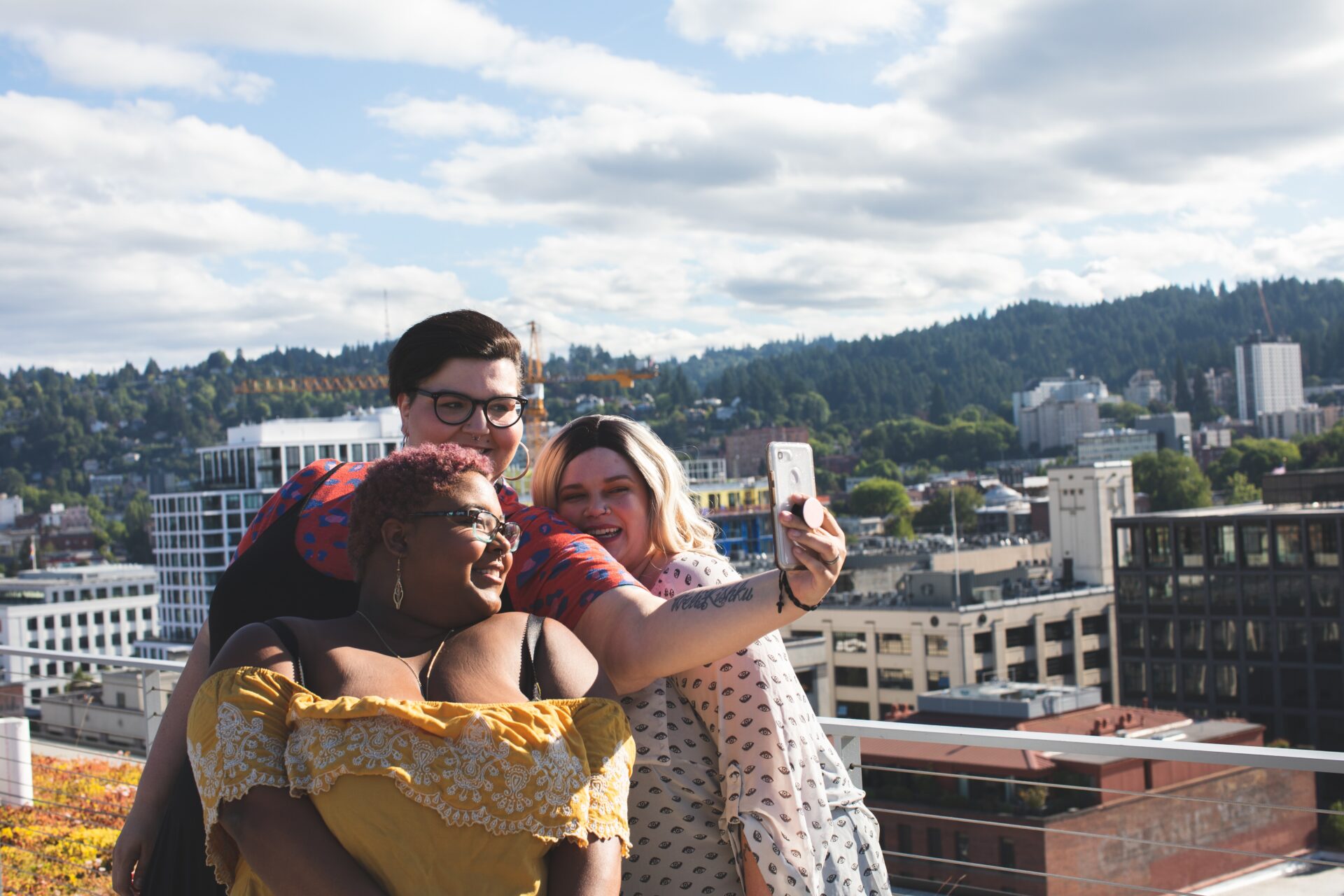India is one of the largest social media markets in the world, but just 9% of Twitter users are women.
- What does this mean for development sector efforts to use social media for social impact, including improving women’s health?
- Are offline gender norms perpetuated online, and if yes, how do online gender norms shape women’s usage of social media?
- What is the relationship between digital literacy and women’s empowerment?
- How are women’s empowerment collectives using social media to increase government accountability and improve the delivery of public services in India?
Offline gender norms are often perpetuated online, shaping women’s use of social media platforms and chat applications. And in some countries, deepening the gender digital divide. Nonetheless, women’s use of digital technologies is growing as women’s networks expand in the supportive context of women’s empowerment collectives. Some collectives in the Global South, are leveraging social media as a tool to mobilize digital and physical support for campaigns against gender-based violence, and to secure their rights, despite the backlash.
Moderators:
– Sara Chamberlain, Digital Director, BBC Media Action, India
Introductory remarks:
– Yamini Atmavilas, Senior Program Office
Panellists:
– Ambika Tandon, Senior Researcher, Centre for Internet and Society
– Aayush Rathi, Senior Researcher, Centre for Internet and Society
– Anita Gurumurthy, Executive Director, IT for Change
– Dr Eric Rice, Co-Director, USC Center for Artificial Intelligence in Society
– Dr Orlanda Ruthven, Independent Researcher & Practitioner





